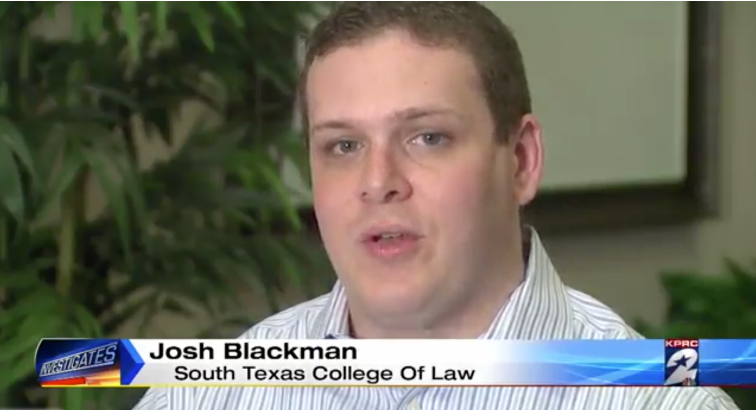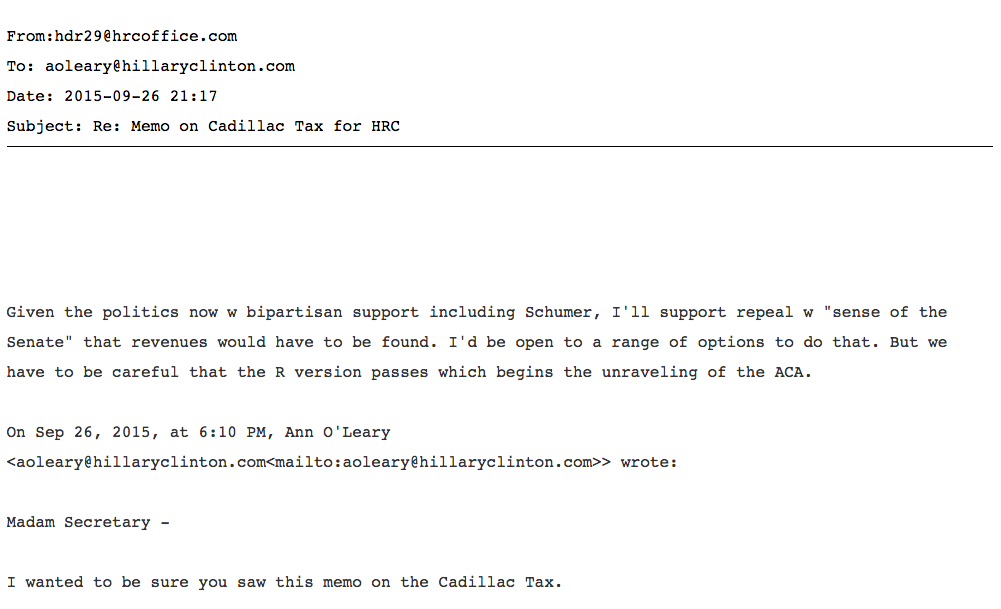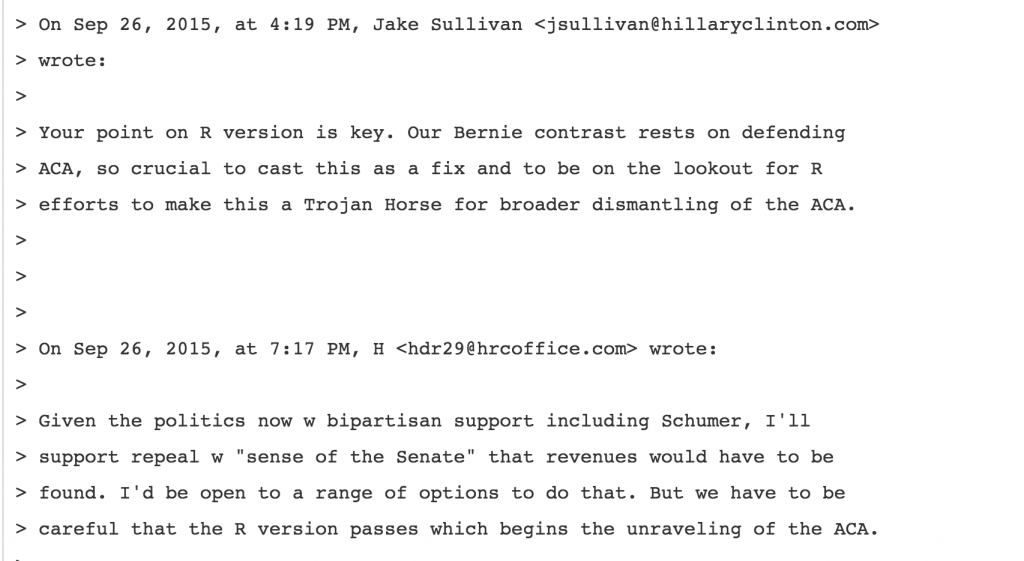I blogged last week about a court’s decision to enter a ex parte TRO, halting a Jewish atonement ritual on the eve of the holiday of Yom Kippur. Beyond the jurisdictional arguments I raised in my amicus brief, the case has serious free exercise clause issues–that could have been avoided by dismissing the case on narrower grounds. This morning, the L.A. Times published my editorial, explaining the case in more detail. It is titled “Chabad’s ritual is a clear example of the free exercise of religion.”
Every year, Jews around the world seek repentance before the holiday of Yom Kippur through an atonement ritual known as kapparot. In exchange for a donation, a rabbi gently waves a chicken over one’s head, reads a blessing, and then the bird is humanely slaughtered according to the precepts of Jewish dietary laws. Animal rights groups have repeatedly tried — and failed — to stop this ancient ritual. They tried again this year, filing a federal lawsuit in California against Chabad of Irvine, and seeking a restraining order just 12 days before Yom Kippur.
With less than 72 hours left to complete the ritual, U.S. District Court Judge André Birotte Jr. issued an unprecedented order halting Chabad’s and Rabbi Alter Tenebaum’s free exercise of religion. After some intervention from the First Liberty Institute, a Texas-based legal organization that focuses on religious freedoms, the judge dissolved his injunction but at that point it was too late to perform kapparot. And this case is not over; soon the lawsuit will be heard on its merits.
Those merits are nonexistent. The activists are challenging kapparot as an “unfair business practice” that involves “maliciously and intentionally” killing chickens. This argument is flatly contrary to California law, and even worse, it is unconstitutional on its face.
The activists argue, among other things, that because Chabad gets a donation, kapparot is not only a religious ritual but also a “business act.” But faith groups routinely charge fees — large and small — for a ticket to worship services, admission to Bible studies or to light a votive candle. Reading the law in this broad manner would entangle countless spiritual practices with a code designed to prohibit unfair business dealings.
Nor are chickens maliciously killed in the kapparot ritual. California has specifically recognized slaughtering poultry according to the “rules of the Jewish faith … [as] a humane method of slaughter.” After the ritual is complete, the bird can be either donated to the poor for food (if kapparot takes place in a slaughterhouse), or converted to fertilizer. This is in no sense a wanton or cruel act.
Finally, and most importantly, if California law were to be interpreted to criminalize kapparot, it would be unconstitutional. In 1993, the U.S. Supreme Court considered an appeal involving a Santeria church that sacrificed chickens as a form of spiritual devotion. The church challenged a Florida law that prohibited the “sacrifice or slaughter” of an animal if it is killed in “any type of ritual,” but permitted slaughtering animals in “any licensed [food] establishment.” The Supreme Court unanimously ruled that the law violated the 1st Amendment. The exact same act of slaughter was legal if performed in a food establishment, but illegal if performed in a house of worship. Such discrimination against a ritual that “may seem abhorrent to some,” Justice Anthony M. Kennedyexplained, violates the free exercise of religion.
California law generally protects animals from “malicious” slaughter, but not if they are rendered for food, obtained as “game” or used in scientific experiments. It is arguable that the way Chabad of Irvine currently disposes of the kapparot chickens — as fertilizer — is in fact food, albeit for plants not humans.
Even if the reasoning is not entirely persuasive, the court should read the statute in as broad a manner as possible to avoid a conflict with the Constitution’s “free exercise of religion” clause. In any case, if California law permits some forms of slaughter — for hunting or scientific experimentation — but criminalizes the exact same act for a religious exercise, it is unconstitutional, as in the Santeria situation. The government cannot create secular exemptions, but omit religious exceptions.
Critically, neither the California attorney general nor any district attorneys in the state, has ever charged a rabbi for performing kapparot. During oral arguments as Birotte first considered the case, counsel for the activists conceded that no such prosecution has been brought because the government likely believes doing so would be unconstitutional. Exactly.
In recent years, federal courts have been asked to decide very difficult free-exercise cases, such as religious charities seeking exemptions from Obamacare’s contraception mandate. This case, however, is easy: A religious organization wants to continue performing a millennium-old ritual that is lawful in California.
Animal rights activists cannot dictate how Jews exercise their religion. As the Supreme Court recognized nearly three decades ago, “it is not within the judicial ken to question the centrality of particular beliefs or practices to a faith, or the validity of particular litigants’ interpretations of those creeds.”
Next year, Rabbi Tenenbaum should be free to practice his faith without judicial supervision.



